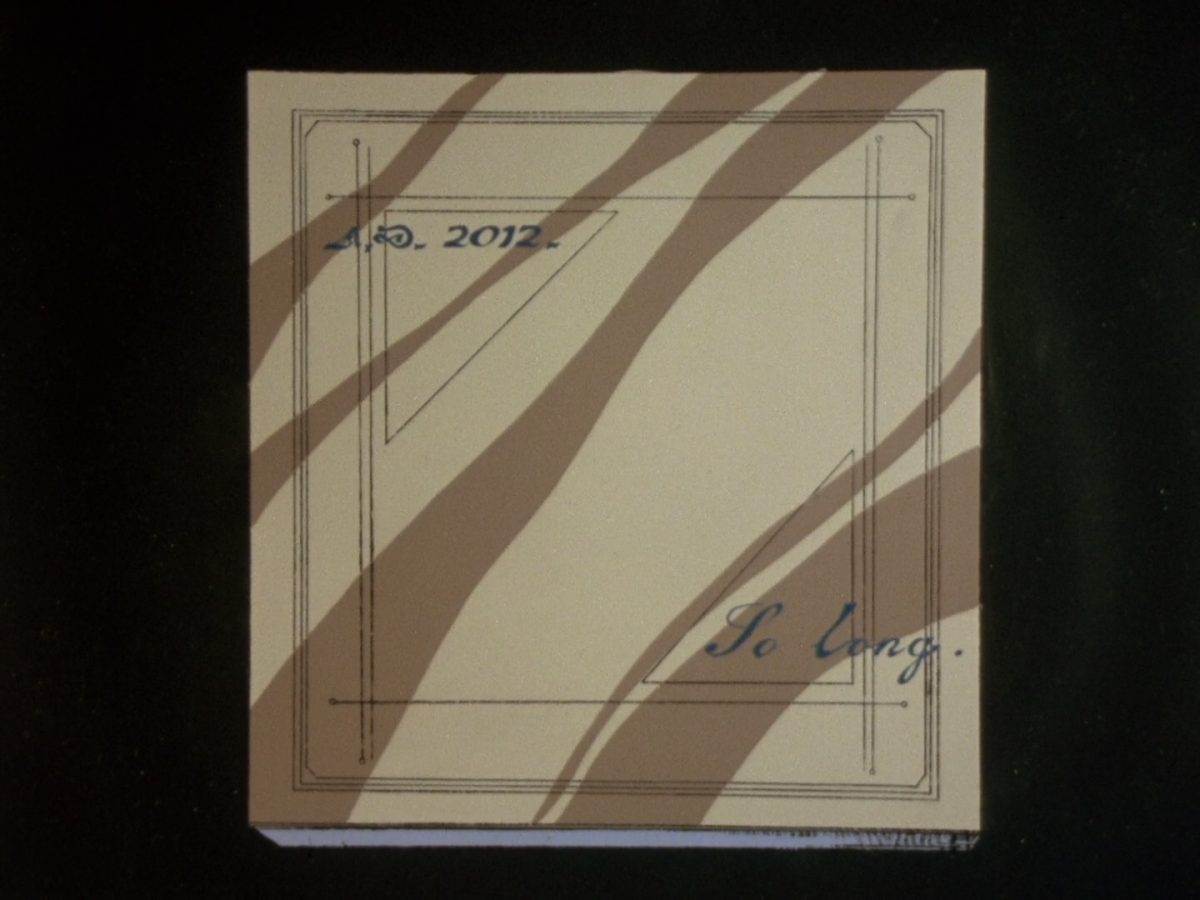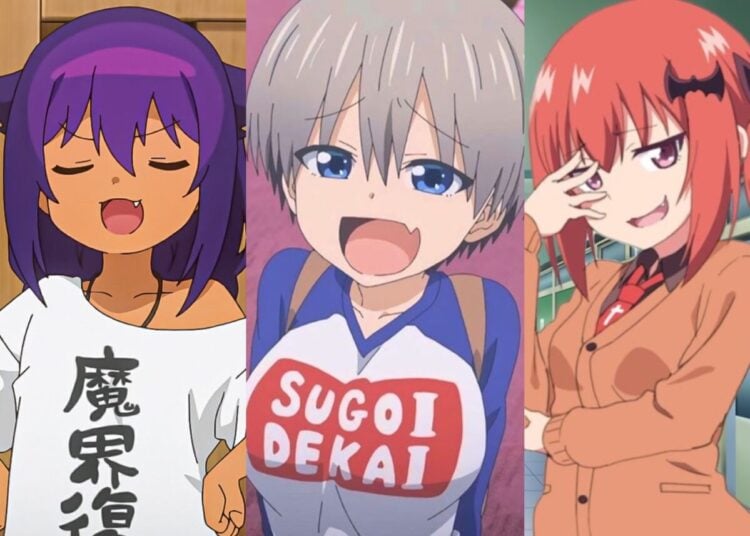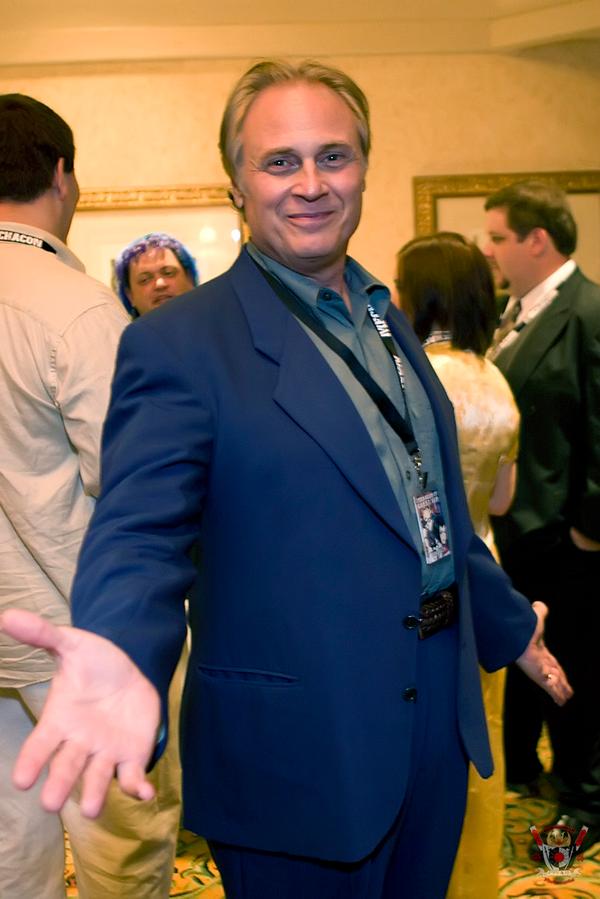
Yesterday fans learned of the sad death of Keiji Fujiwara, who provided the voice of Hiroshi Nohara, father to the adorable Crayon Shin-Chan, and who passed away at age 55 due to cancer. All across the Internet, fans of the long-running show are pouring out their feelings of sadness. It really sucks when we have to say goodbye too soon to the people who make anime real for us.
The timing gave me pause, because I was in the middle of writing an article marking 10 years since the passing of Carl Macek, the visionary anime producer who created Robotech back in the mid-1980s, preserving the virginity of introducing the glory of Japanese animation to many thousands of fans in the days when anime was truly an undiscovered country. He died suddenly of a heart attack on April 17, 2010, at the age of 59.
The Career of Carl Macek
Carl Macek was the quintessential Hollywood TV producer, hired by Harmony Gold to develop television concepts for the syndication market. While he was researching what shows might be suitable, the owner of a comic shop he frequented introduced him to this hot new series that had come out in Japan called Super Dimensional Fortress Macross. The show had it all: transforming robots and giant aliens, a complex story about characters who fell in love and died. Carl was able to secure the broadcast rights for the series, and the first three episodes were dubbed…with this horrible opening song.
(If you need to get this awful version of our head, the original theme is here.)
But there was one problem, at least to hear Carl tell it: in order to successfully sell a show in the syndication market, you needed at least 65 episodes, but Macross had only 36. So he purchased the rights to two other shows, the semi-related Super Dimension Cavalry Southern Cross (part of Tatsunoko’s “Super Dimension” series), and the totally unrelated (but still pretty awesome) Genesis Climber MOSPEADA, and blended them into one original show told in three parts. This was a “good” move in that it allowed Robotech to succeed, securing it a place in our collective childhood, though fans would later judge this blending of unrelated anime sources as inappropriate.
(The oft-forgotten Robotech The Movie added to the Robotech “stew” by trying to shoehorn Megazone 23 into the Robotech universe, but we don’t talk about that.)
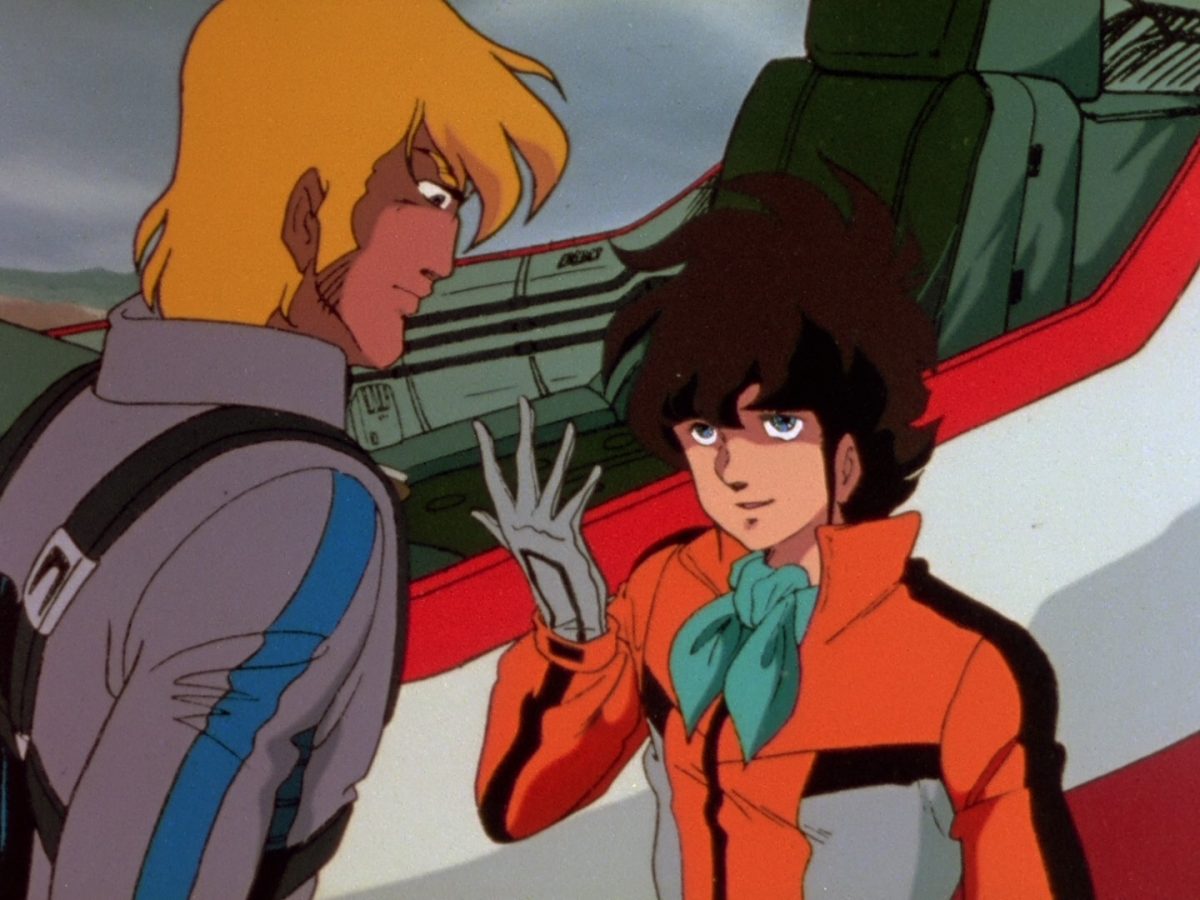
Reception of Robotech in 1985
Robotech was an instant hit, winning fans around the world and being translated for distribution in other language markets, too. Perhaps due to Carl Macek’s media-savvy, the show generated quite a lot of buzz, and I remember seeing mainstream news channels reporting on the “craze” that Robotech had become. A Japanese cartoon that was more like a soap opera? With characters who fell in love with each other, broke up, or died? Robotech immediately received the nickname of “Dallas in Space,” referring to the highest-rated TV drama of the era. (There’s an interview with Carl about Robotech from 1986 here.)
Time marched on, and awareness of anime grew larger and larger, mostly thanks to the thriving anime club circuit and 24-hour anime rooms at comic conventions, as well as the first Japanese manga published in English in 1987. When a horribly dumbed-down version of Nausicaä called Warriors of the Wind, which removed the deep ecological themes (they weren’t important, since cartoons were for kids, right?) and changed the names of the characters needlessly came along, fandom first started to realize that maybe editing or changing anime from its original form was not a good idea.
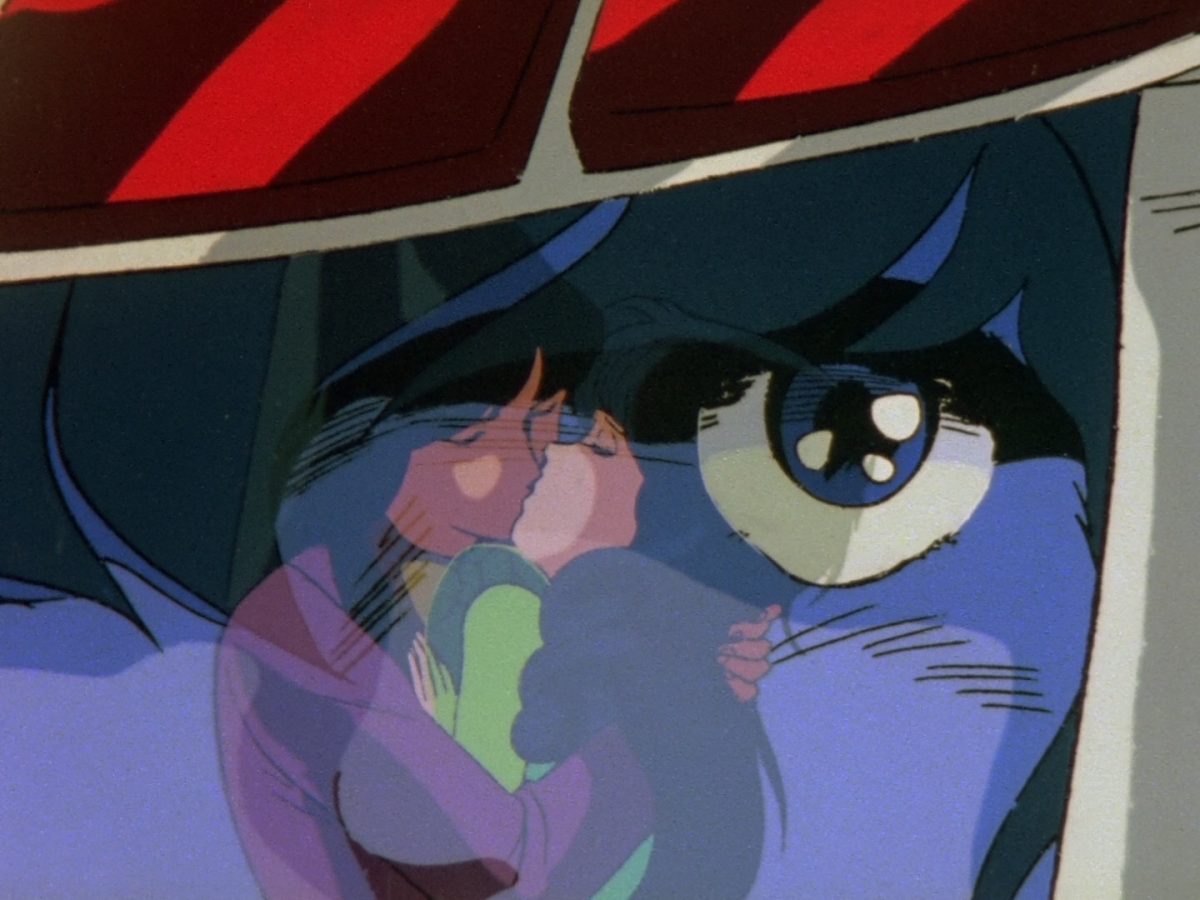
Carl Macek Becomes a Divisive Figure in Anime
Soon it was quite easy to find aficionados of animation from Japan who had actively transformed from being “Robotech fans” into broad fans of the wider anime world, preferring to watch their anime in unchanged form as it came out, first via fansub but eventually through properly licensed VHS versions. In exactly the same way Star Wars fans would do to George Lucas, a certain number of fans made unkind statements online about Carl Macek and Robotech, acting like hipsters who liked a band back when they first discovered it, but now that they’d moved on to new things trashed it liberally. Though far from all fans did this, of course.
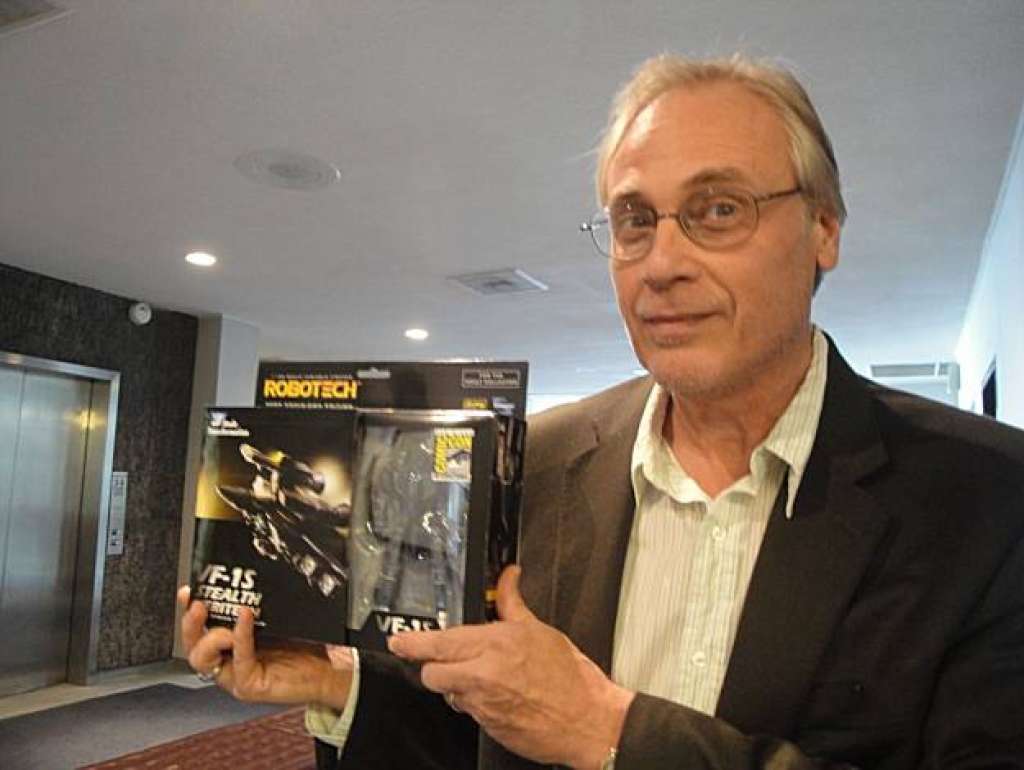
The Legacy of Robotech and Carl Macek
Looking back, it’s hard to overestimate the contribution Carl Macek made to the nascent anime world, introducing more fans to the genre of Japanese animation than anyone before. It wouldn’t be until major hits like Akira and Sailor Moon that anime would become famous all over the world, but without Carl’s contribution to all our collective lives, this would likely have taken much longer.
While I’ve obviously moved on from being an active “Robotech fan,” I’ll always have a soft spot for the fun show that amused me so much back in high school that, along with Space Battleship Yamato, is responsible for me being lucky enough to come to Japan. I am grateful to Carl for bringing me into the warm folds of fandom, but also for inspiring me to embrace my passion for anime as a business, which ended up with me running J-List.
Thanks for everything you did, Carl! I’ll raise a glass to you tonight!

Peter Payne
President/Owner of J-List
P.S. If you love Macross, read my post on why the Macross 1984 film is the best anime movie ever made.
